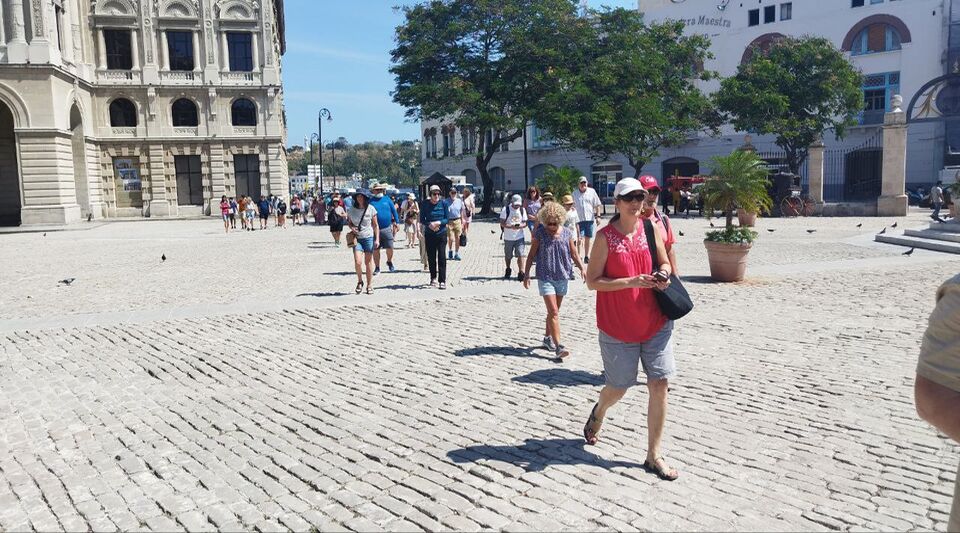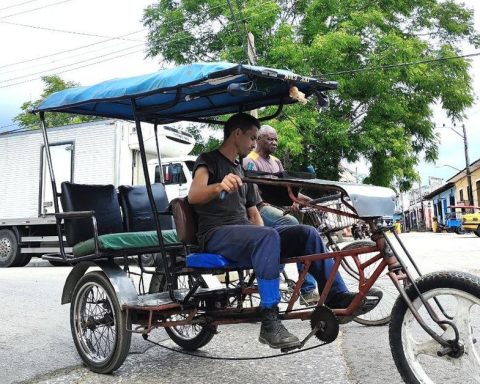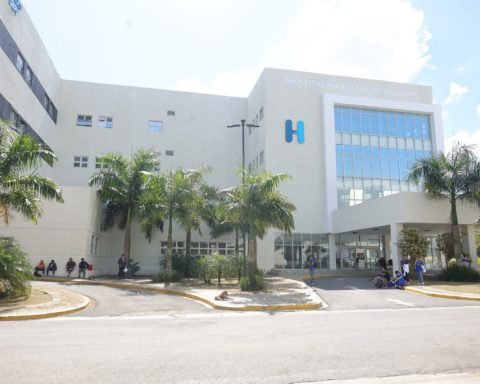The update of the recommendations of the Ministry of Foreign Affairs of Spain to travel to Cuba, released this week, is not very encouraging for the promotion of tourism. Even though the official website indicates that “there are no specific restrictions” for trips to the Island, dictates “special caution in relation to possible robberies of tourists, dengue fever and in the hurricane season.”
The most relevant novelty is the warning that if a Spaniard intends to go to the United States after having visited Cuba, even on separate trips in time, he will be obliged to apply for a US visa to enter that territory. It will not be enough, therefore, the presentation of the electronic authorization (ESTA), the simple requirement in force under normal conditions.
Likewise, they inform that it is necessary to request –and pay– the “tourist card” that performs the visa function, either in a Cuban consulate in Spain, well in any travel agency that offers that destination. This visa, they detail, “allows a single entry into Cuba and gives the right to a maximum stay of 90 days, extendable only once for the same period.”
Exteriors advise against giving a bottle in any case, “especially outside the cities or near the beaches”
On the other hand, the fame of the Island as a peaceful place for foreigners begins to collapse in these recommendations. Spain concedes that Cuba is “in general terms a safe destination, especially when compared to most of the countries in the region,” but warns that “with the recovery of tourism, robberies have been reported that can sometimes be committed through the use of violence”.
The document qualifies as “frequent” the “theft of bags and other personal belongings on the beaches” and mentions that “thefts can occur at gas stations, mostly in cases of rented vehicles with a “T” plate (tourist) and on the way to the Keys” .
Foreign Affairs advises against giving a bottle in any case, “especially outside the cities or near the beaches.”
Another commonplace on the Island that undermines the report of the Spanish Foreign Ministry is health. “Health care in Cuba is not comparable to European standards,” the text asserts. “There may be a shortage or lack of certain medicines and there may be a lack of instruments in hospitals.” For those who require specific medication, they suggest “traveling with it and not trusting that it can be found on the Island,” as well as “a minimum first-aid kit (analgesic, disinfectant, dressings, etc.) and, in the current circumstances, with the medications necessary to treat diseases with high incidence in the country”.
Health recommendations continue to warn of the cost of medical care for foreigners: “In the most important cities, tourists are treated in the best hospitals. The bill must be paid in foreign currency, at high prices and often in advance.” .
The document even mentions which are those exclusive centers, the Cira García Clinic and the CIMEQ Hospital, in Havana. And they warn: “The Cuban authorities prohibit foreigners from leaving the country while there is an outstanding debt for health care.”
It will also be mandatory, they also instruct Spaniards, to present proof “of having contracted medical coverage travel insurance that covers a possible contagion by covid-19 and the repatriation of the corpse in case of death regardless of the cause.”
Given the risk of contracting dengue, they suggest traveling with oral rehydration salts and paracetamol
Another serious warning is about “the important rebound” of dengue and, especially, hemorrhagic denguefor which they recommend using insect repellents on the skin “especially at dawn, at dusk and during the night.”
Given the risk of contracting this disease, they suggest traveling with oral rehydration salts and paracetamol.
Regarding the measures against covid-19, the page includes the link that leads to the health form that must be completed to enter Cuba, with a downloaded QR code, and remember that a negative PCR is no longer required, nor a vaccination certificate, nor quarantine upon arrival, nor masks (except in hospitals).
Finally, they warn that the hurricane season begins on June 1 and ends on November 30 and specifies that the “most problematic period” usually occurs between August and October, coinciding precisely with the summer vacation season for the Spanish.
“The Cuban authorities have, if necessary, the evacuation of the affected localities, and it is possible that depending on how the hurricane evolves, they will adopt measures on the fly. In such circumstances, it is recommended to all Spanish citizens who are in Cuba that they follow the recommendations of the Civil Defense, which are widely disseminated by the Cuban media (mainly radio and television) and by the hotels where they are staying, as well as by the tourist agencies that have organized the trips”, they recount, while referring, for more information, to the page of the National Hurricane Center of the United States.
________________________
Collaborate with our work:
The team of 14ymedio He is committed to doing serious journalism that reflects the reality of deep Cuba. Thank you for accompanying us on this long road. We invite you to continue supporting us, but this time becoming a member of our newspaper. Together we can continue transforming journalism in Cuba.

















